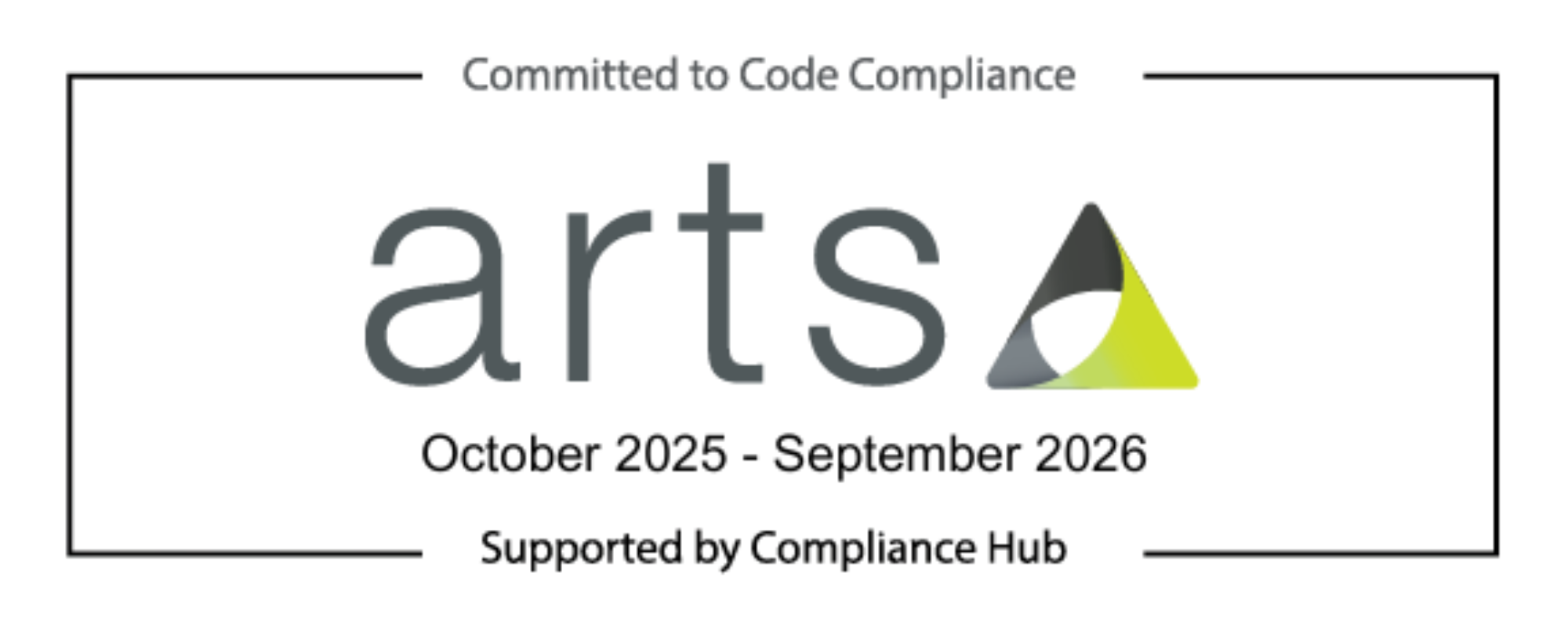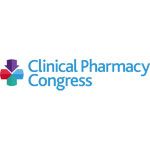Stephanie Klein Was Appointed as the Nightingale Project and Site Manager of The Nightingale North East Hospital
)
Stephanie was the former Assistant Director of Pharmacy - Production and Preparation at Newcastle Hospitals, and had previously managed the transformation of services and construction of a new, '5 million purpose-built medicines production facility which was completed in 2004. After a career break 2008 to 2011 she returned to Newcastle Hospitals to undertake a range of medicines related patient safety and quality improvement projects. Pre-COVID 19, she was working on delivering the ePRaSE (ePrescribing Risk and Safety Evaluation) Tool in a collaboration between the NHS Trust and Newcastle University. The project, set up on behalf of NHS England, is a national initiative to provide a web-based electronic prescribing risk and safety evaluation tool for NHS organisations to assess local configuration and support optimisation of their e-Prescribing systems. This work was paused and she was appointed to the Nightingale role. Post Nightingale she is now managing the pharmacy transformation programme for outpatient Restart, Reset and Recovery, which is utilising much of the learning and new ways of working generated by the COVID pandemic.
The setup of Nightingale North East was overseen by the Newcastle upon Tyne Hospitals NHS Foundation Trust and benefited by basing many safeguarding, policies and procedures on the existing and / or new and modified versions of'these driven by the pandemic. Using the governance structures in place through the Programme Management Office (PMO), a review and approval process was used to identify and manage risks. The hospital's procedures and policy derogations were ratified through established Clinical Governance and Risk Department (CGARD) processes.
The pharmacy team designing the services for the Nightingale hospital were drawn from across the North East NHS region, and provided a great opportunity to work outside traditional NHS Trust organisational barriers and learn from each other. New relationships have been established that will hopefully support the ongoing transformation of pharmacy services across the region.
Stephanie believes the key successes in Nightingale to be:
- The 'push' supply model designed to provide medicines, including ready to administer (RTA) injectables wherever possible, to the clinical areas, maximising nursing time available for patient care.
- Clinical pharmacists and pharmacy technicians to work with the Multi-Disciplinary Teams (MDT) to support fully digitalised medicines optimisation and supply. E-prescribing integral to this service.
- The Nightingale North East aims to discharge patients directly to their home. To facilitate this, an innovative pharmacy led discharge model was developed which included a clinical handover to a specialist primary care team prior to discharge and engaged community pharmacy in the discharge medicines supply process; facilitating better and safer transfer of care
- Overseen by the Regional QA Specialist - work by the Pharmacy Nightingale team to draft and provide the Specialist Pharmacy Service (SPS) with worksheets and guidance for RTA / RTU medicines across all Nightingale sites.'
- All aspects of the pharmacy service were underpinned by a workforce and training model intended to minimise the impact on the regional hospital service through a phased deployment approach; bringing in larger teams, with the necessary orientation and induction, only when needed and operating 12 hour service with regional on call support.
- Our planned shift system was also designed to ensure that staff were rotated; working half their shift in the COVID full PPE area and half in the COVID secure area.
- Despite the pressure and complexity of the task there was an immense generosity of spirit and time from management and clinical leads across Nightingale North East project. There was very much a collaborative and can do attitude.
Stephanie say's the key lesson's she's learned was 'Work with a good PMO structure to ensure a team approach, learning from experts in all work streams to 'develop the service objectives collaboratively at pace.
From the outset clear objectives for work stream leads within the pharmacy team were set that they collectively bought into through the daily steering meeting. Each morning's objectives a reflection of the previous day's backlog.
The importance of having people with expert knowledge who can work both autonomously'and effectively in a team.
Having a multi-disciplinary team accessible and working in one location with the removal of barriers both financial and in organisational terms to allow delivery to timescales. This was a good environment for innovation to thrive.
Don't over complicate things ' adapt existing procedures to incorporate IPC adjustments as far as possible.'
And although The Nightingale North East is currently in standby mode, it is ready with activation plans in place, if it is needed. Pharmacy staff have not as yet had to re-train. The pharmacy workforce plan encompassed a phase of initial orientation for potential staff, followed by a staged induction and training package to ensure that everyone was fully aware of the Personal protective Equipment (PPE) requirements and those uncomfortable with the reality of working in COVID areas could be identified early in the process.
Stephanie has also noted an impressive change in attitude towards innovation and collaboration because of COVID 19. There is noticeably more joint projects looking at new medicine supply routes for virtual patient encounters, outpatient clinic transformations and patient interface methods to name but a few.
'
FREE LIVE WEBINAR - Wednesday July 29th, 7pm (BST)
Pharmacy at the Nightingale Hospital. What we learnt and what can we take back to our organisations.
With Ahmed Al-Nagar, Jatinder Harchowal, Sarah Brockbank, Nisha Bhudia, Dr. Raliat Onatade


 London
London


